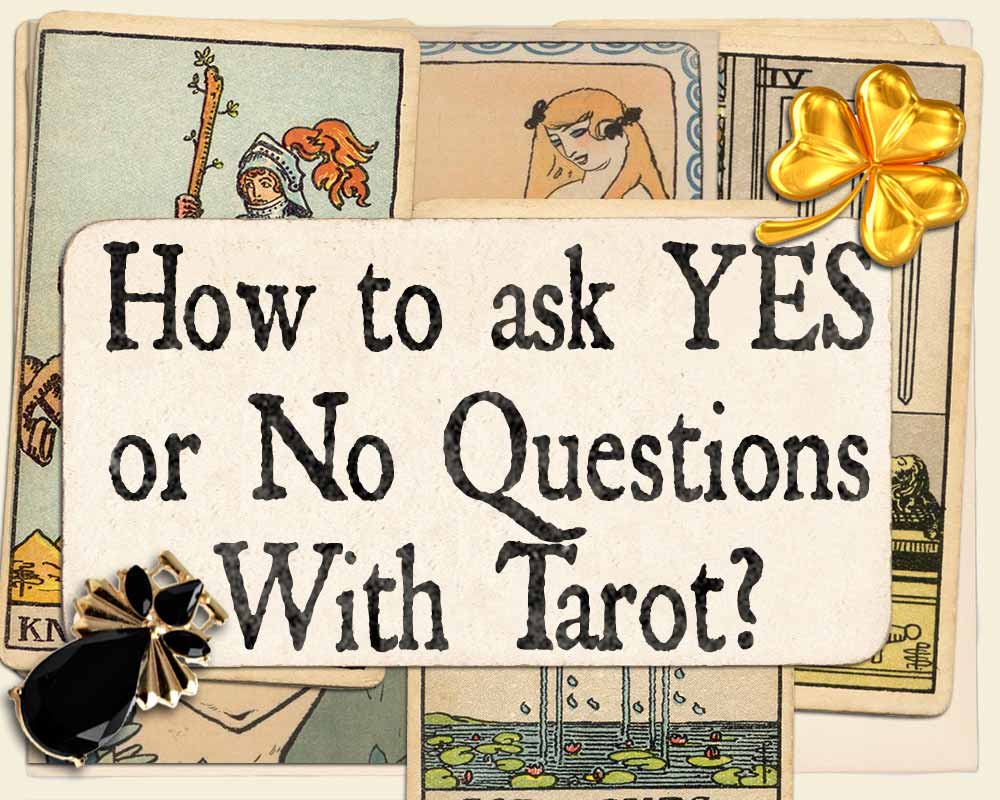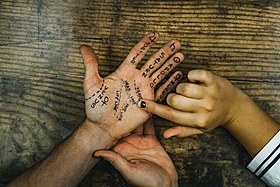
Cold reading is a type of public speaking where you read aloud from a text. It is a very common technique in the performing arts, especially the theatre. It is an excellent way to improve your speaking skills and impress an audience. It's also known as "theatrical reading". Cold reading can be used to improve confidence and public speaking skills.
Techniques
There are many techniques for cold reading. Some of these include watching the body language and details in the conversation. Learn about the subject's concerns and lifestyle during the reading. You can also observe the subject's reactions to your statements, and then refine your statements based on the results.
While you can use a variety techniques to create win-win situations, you can also use contradictory statements to describe the subject's behavior. Mentalists often create these situations by making contradictory statements about the subject's behavior. A common example is to present a subject with a veiled statement about an emotion or thought. This tactic is highly effective since the subject is likely familiar with both sides of the emotion.
Audience selection
Targeting potential customers can be done based on their interests. This could include women in their late twenties who are avid college sports fans, or women who enjoy reading books. Your ad can be targeted to the people most likely to buy your product. You can get the most from your advertising campaigns by using demographic targeting.

Cold reading requires that you can make an impact on the audience to succeed. Many applicants focus too much on the script when auditioning. They lose sight of their audience. Try to hold the script one hand in your other hand and make eye contact with your audience. Be sure to take a short time turning the page. To make it easier to turn the page, you may want to fold one corner.
Body language
Cold reading can be described as the art and science of deciphering people's intentions by listening to their nonverbal messages. This skill is very useful when you need to gauge someone's confidence or nervousness. It allows you to adapt your behavior to different circumstances. Although many people believe that body language is the same as cold reading, it's not always true.
Cold readers often make generalizations about the person they are reading. While most of the information provided is accurate, it can be provocative and evocative. You need to be attentive to their body language and adjust the statement to suit their response. A cold reader might make a humorous comment about a dead relative. A more serious statement about the person’s recent relationship to a former partner would be more accurate.
False Signals
There are two main ways to detect false signals when cold reading. The subjective validation is the most common, while objective validation is more reliable. Both techniques require that you have a certain level of training and experience. A good cold reader should have a wide repertoire of techniques. A skilled cold reader will be able to recognize people in various mental states.
A successful cold reader will ask many questions to get as much detail as possible. Then, he/she will repeat or rephrase that answer to guide the next question.

Preparation
Cold reading auditions are something you need to be ready for as a performer. Cold readings don't require script study but it is important to do your research on the subject matter so you know what questions will be asked. This will enable you to feel connected with the material as well as familiarize yourself with the characters, storyline, company, and other details. For practice, you can read material before the class.
Actors must avoid becoming stiff while practicing for cold reading auditions. It is important to remember actors communicate with both their bodies and their words. Therefore, it is important to use gestures that convey the right emotion for the role.
FAQ
What are educational hobbies?
An educational hobby is an activity where you learn something by doing it. It could be anything from playing sports to learning how to play an instrument.
It should be enjoyable and fun for you. You don't have to do it all the time, but if you find yourself getting bored, then you need to think about what else you could be doing instead.
You also want to ensure you're not spending too much on these activities because they can end up costing you more than they're worth.
What are some good hobbies ideas?
The best hobbies are those that you enjoy doing for yourself. If you love what you do then you'll find it much easier to keep going. It will also be easier to find a reason to stop feeling tired or sick.
Our hobbies include painting, crafts, photography and cooking.
You might also consider volunteering at a local charity shop or animal shelter, children’s hospital, hospice, elderly home, school, community centre, church, and other places.
Perhaps you want something more adventurous. Try scuba diving, rock climbing or parasailing.
There are many ways to enjoy nature, even if you don't want to travel far. These include caving.
What are some hobbies that seniors might enjoy?
Senior citizens should have fun activities that they enjoy doing. They should also be active and take part in activities such as sports or other physical activities.
They might be interested in joining clubs that offer similar interests. They will feel less lonely as their age.
Seniors need to keep up with current trends. For example, seniors could keep up with the latest fashions, art and literature.
What is a good hobby for kids?
Hobby for children is anything they enjoy doing outside of work. Kids might enjoy drawing pictures, making things, painting, writing, crafting, and other activities.
Parents worry that their children might get in trouble if they are allowed to do what they like. It is not true. They won't get into trouble if your child is safe and does not cause harm to others or themselves.
It is important that people remember that simply because they love doing something does not mean they will always do it. They might decide to draw instead of write if they enjoy drawing pictures.
There are many different hobbies, so it is up to you which one you love the most.
What are observation hobbies?
Observation hobbies are activities where you observe people doing what they do. They might include watching sports, reading books, going on holiday, etc. It could also be observing other people as well.
It's great to have observation hobbies because it helps you think creatively. You can draw on this knowledge later, when you work on projects for others.
It will be easier to learn about something if you are interested in it.
If you're interested in football, for instance, you could watch it or read a book. If you want to learn more about photography, you could take or visit exhibitions.
If you enjoy playing music, you could play along to songs online or buy a guitar.
If you love cooking, you can either cook your meals at home or order from a local restaurant.
If gardening is your passion, you can grow vegetables and flowers.
If you like dancing, you could join a dance class or go out with friends.
If you like painting, you could paint pictures.
Write poetry and stories if that is what you love to do.
Drawing pictures is a great hobby.
You could work as a caretaker or keeper at a zoo if you are passionate about animals.
If you like science, you could study biology, chemistry, physics or maths.
You can read books, listen to podcasts, or watch films if history interests you.
You could explore the world or travel to places you love if you are a lover of traveling.
Statistics
- I am 100% biologically a woman (discover.hubpages.com)
- Almost 80% of people claim to have no hobby. (hobbylark.com)
- This 100% accurate personality-analyzing hobby quiz discovers your passion based on your characteristics. (quizexpo.com)
- In comparison, men in the “no humor” condition were refused 84.6% of the time and were only accepted 15.4% of the time. (time.com)
- Much of this decline reflects the fact that teens are less likely to work today than in the past; among employed teens, the amount of time spent working is not much different now than it was around 2005. (pewresearch.org)
External Links
How To
How to Begin Biking
Bike riding has become a very popular activity. It's great exercise and fun, plus you get to enjoy the fresh mountain air. Bicycling is not an easy sport. It takes skill and practice to become proficient. It is essential that you learn how your bike works so that you don’t fall while riding. These are some helpful tips for learning how to properly ride your bike.
Make sure you have proper cycling clothing. You need clothing that fits comfortably and protects from the elements. You should always wear a helmet while you're riding. If you do crash, your head won’t hurt too much. You should also ensure your bike fits properly. In the event of a collision, a bike that is not properly fitted could result in injuries.
You should also make sure to check your tires on a regular basis. They should be inflated enough so that they provide adequate traction. Check the tire pressure at least once a week. When checking them, ensure the treads are clean and free from debris. Verify that the valve stems don't leak. Verify that your brakes work properly. When riding, be aware of what is ahead. Avoid riding into traffic because it's dangerous. Keep an eye out for pedestrians and other animals. Use common sense when you're riding. Avoid driving like an insane person and avoid sudden movements.